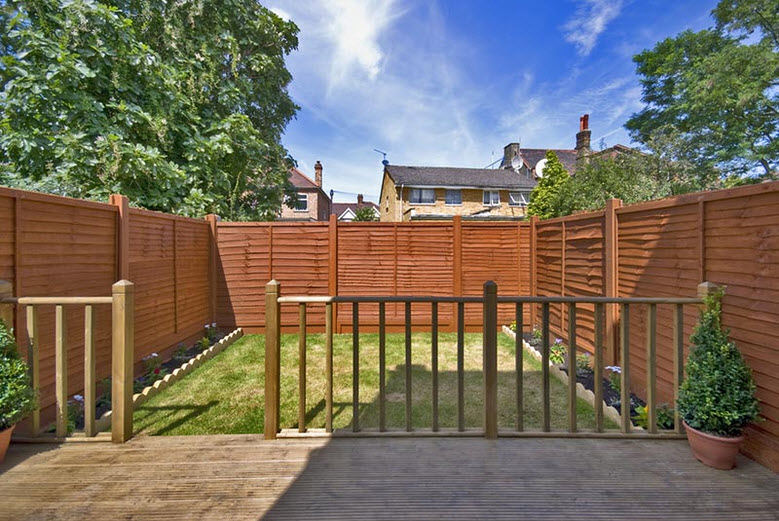Sustainable landscaping is a growing trend that focuses on designing and maintaining gardens in ways that benefit the environment, conserve resources, and promote biodiversity. Whether you’re starting from scratch or updating your existing garden, here are some eco-friendly ideas to make your outdoor space more sustainable.
1. Native Plants
Choose plants that are native to your region. Native plants are adapted to the local climate and soil conditions, which means they require less water, fertilizer, and maintenance. They also provide essential habitat and food sources for local wildlife, including pollinators like bees and butterflies.
2. Water Conservation
Implement water-wise gardening techniques to minimize water use:
- Rainwater Harvesting: Install rain barrels to collect and store rainwater for later use in your garden.
- Drip Irrigation: A drip irrigation system delivers water directly to the plant roots, reducing evaporation and runoff.
- Mulching: Mulch helps retain soil moisture, reduces the need for frequent watering, and prevents weeds.
3. Composting
Composting organic waste like food scraps, grass clippings, and leaves creates nutrient-rich compost for your garden. This reduces the need for chemical fertilizers and diverts waste from landfills. Plus, compost improves soil health, which supports plant growth and water retention.
4. Permeable Paving
Traditional concrete or asphalt driveways and walkways can contribute to water runoff and pollution. Permeable paving materials like gravel, permeable concrete, or brick pavers allow rainwater to seep into the ground, reducing runoff and replenishing groundwater supplies.
5. Reduce Lawn Size
Lawns are resource-intensive, requiring significant water, fertilizers, and maintenance. Replace part of your lawn with native plants, ground covers, or garden beds to create a more sustainable landscape that supports wildlife and reduces resource consumption.
6. Edible Landscaping
Incorporating edible plants like vegetables, herbs, and fruit trees into your garden not only reduces your reliance on store-bought produce but also supports a more sustainable food system. You can grow your own food with fewer pesticides and transport-related emissions.
7. Biodiversity and Wildlife Habitats
Create a garden that attracts a variety of wildlife by planting a mix of flowering plants, shrubs, and trees that bloom at different times of the year. Install birdhouses, bat boxes, or insect hotels to encourage beneficial creatures that help with pest control and pollination.
8. Sustainable Materials
When choosing materials for your garden structures, pathways, or raised beds, opt for eco-friendly options like recycled wood, reclaimed stone, or FSC-certified timber. These materials have a lower environmental impact than conventional alternatives.
